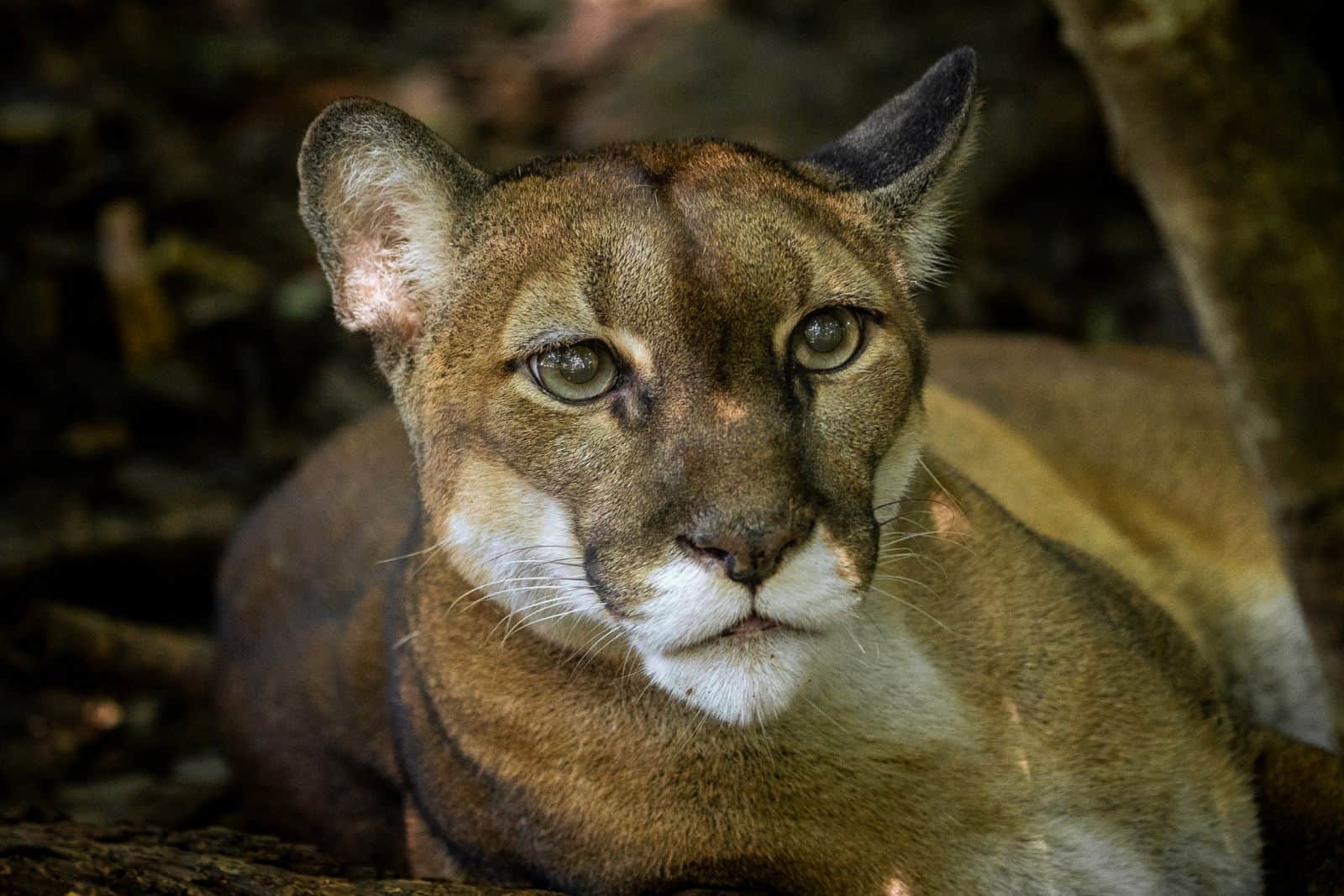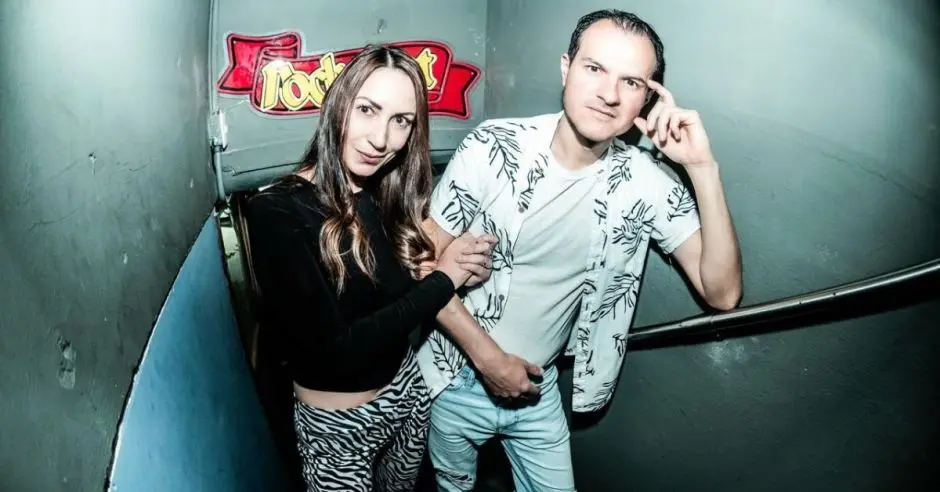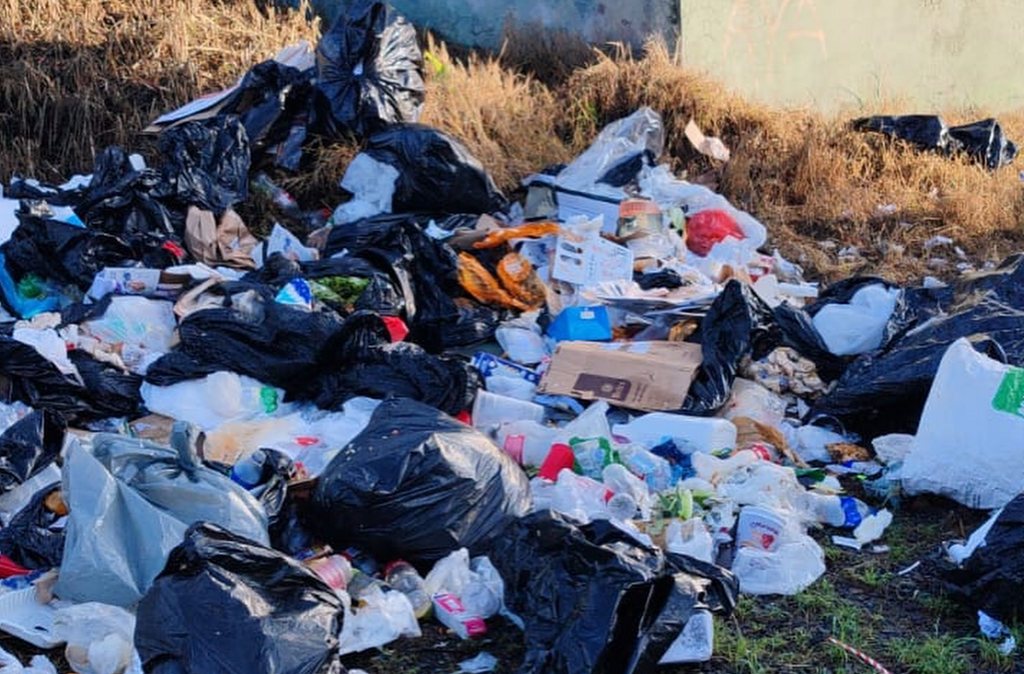The president of Costa Rica, Rodrigo Chaves, said this Friday in an interview that he considers it complicated to close the Darién jungle to migrants, as proposed by the Panamanian presidential candidate José Raúl Mulino. “It’s a policy that is going to be difficult to carry out, precisely because of the desire of those people to leave [their countries],” said Chaves, who last week received Mulino, the protégé of the disqualified former Panamanian president Ricardo Martinelli (2009-2014), in San José.
Replaced as a candidate by Mulino, Martinelli remains in asylum at the Nicaraguan embassy to avoid a prison sentence for money laundering.
Chaves indicated that he respects the decisions of neighboring countries, but considers that at an “operational” level, it is complicated to close the jungle located on the border between Colombia and Panama, through which 520,000 migrants, mostly Venezuelans, transited in 2023.
The Darién jungle is 266 km long and 575,000 hectares in area and has become a corridor in recent years for migrants from South America seeking to reach the United States. This year, more than 133,000 have already crossed, according to official figures.
“There are countries in South America where the quality of life is so poor that their citizens are willing to spend days in a jungle […]. On the other hand, there are magnet countries that attract migrants that do not have a constant and clear migration policy. One day they receive them, other days they close the border,” commented the center-right president.
On April 16, Mulino, who leads the polls for the May 5 elections in Panama, launched his proposal to close the Darién to migrants, without giving details on how he would do it if he wins the presidency.
“We are going to close Darién and we are going to repatriate all these people as appropriate, respecting human rights,” Mulino declared during an electoral tour in the Panamanian capital.
With Costa Rica halfway through, Chaves called for “fair treatment” of migrants and to “help them in a humanitarian way to continue their passage,” because there is no clarity on what “closing the Darién in practical terms” means.
Guatemala and Nicaragua
Chaves also spoke about the “enormous challenge” faced by the new president of Guatemala, Bernardo Arévalo, whom he described as his “friend.”
“Guatemala is a very sad story […], where the democratic power of the people has been kept subjugated for many years with great corruption,” indicated the president, who recalled that he accompanied Arévalo with other heads of state on the complicated day of his inauguration.
“We came out strongly to say that democracy should prevail,” he added. Regarding neighboring Nicaragua, governed for 17 years by President Daniel Ortega, Chaves expressed that he maintains a “relationship of respect.” However, “I would like to see a more prosperous, more democratic Nicaragua,” he said.
Valuable legacy
Chaves, 62, was elected president in 2022 as a candidate for the Social Democratic Progress Party, a center-right formation founded in 2018. He had been Minister of Finance for almost a year and previously worked at the World Bank. At the halfway point of his term, the president enjoys the support of 64% of the citizenry, according to a CID Gallup poll, more than his predecessors.
And he said that the more than 30 complaints against him before the Prosecutor’s Office for alleged acts of corruption, nor the accusations of harassment of the press made by the U.S. State Department and the Inter American Press Association, do not keep him up at night.
“I have never violated the law as far as I know, I sleep like a baby,” the president stated. Despite the difficulty in making reforms with a Congress that rejects his projects, Chaves indicated that in the two years remaining in his term, he will seek to leave a “valuable legacy” in Costa Rica.
Among the reforms he is promoting are projects to reduce bureaucracy in public works contracts, reform the Costa Rican Social Security Fund, sell the Bank of Costa Rica, and toughen penalties to combat organized crime and drug trafficking.
“At the end of my administration, I ask God that what has happened so far be maintained. A people that woke up” in the face of decades of immobility. “If that happens, I will die peacefully one day with a smile,” he concluded.
Source link
AFP



